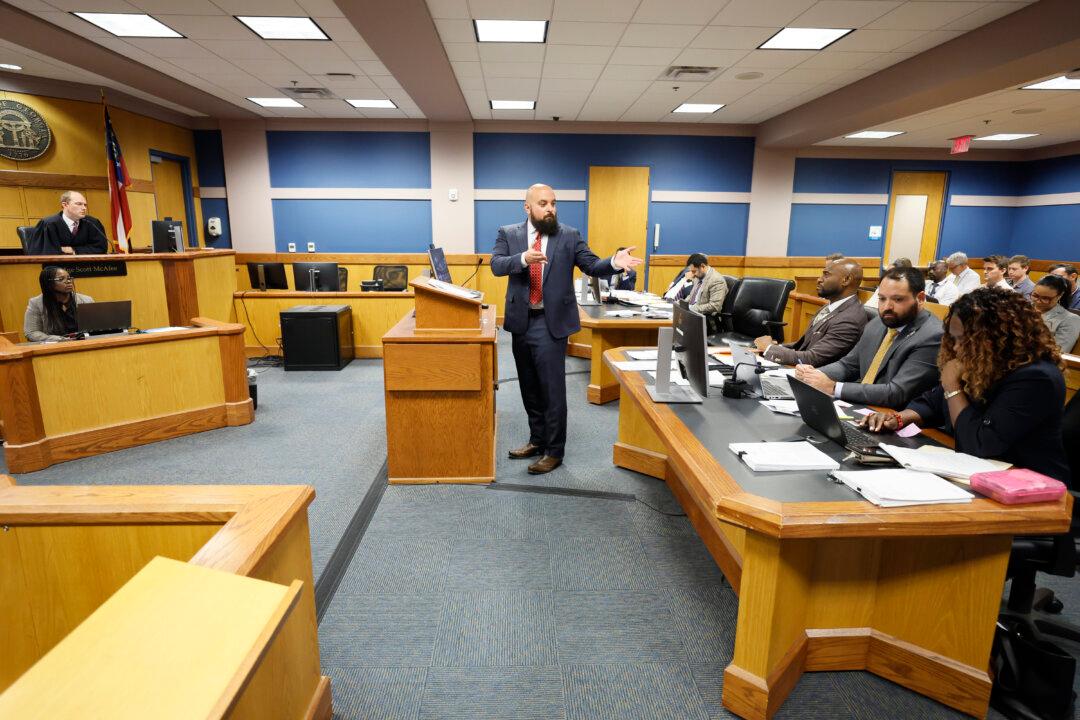Kenneth Chesebro, one of the co-defendants in the racketeering case against former President Donald Trump in Georgia, wants to examine whether there was improper influence by prosecutors on the grand jury that produced the indictment, his lawyer indicated at a Sept. 14 court hearing.
The indictment was brought on Aug. 14 by Fulton County district Attorney Fani Willis alleging that the efforts of President Trump and 18 others to challenge the election results amounted to a racketeering conspiracy.





